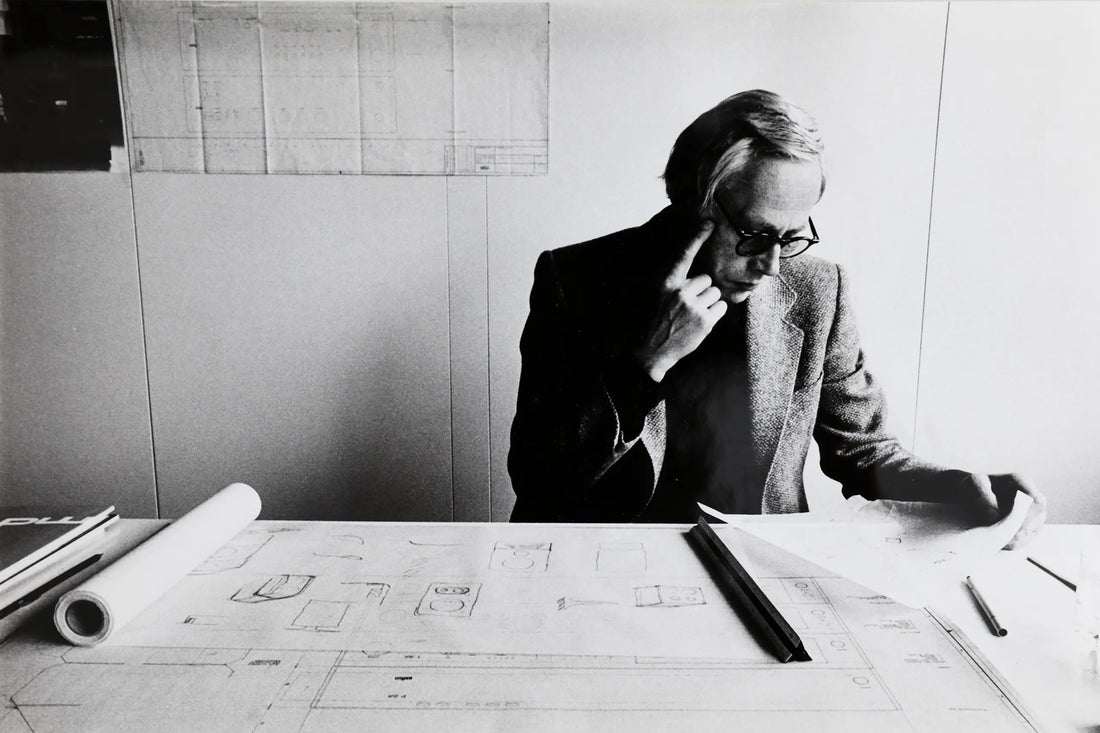
Who is Dieter Rams?
Share
Dieter Rams is a renowned German industrial designer, widely recognized for his influential work at the consumer products company Braun and the furniture company Vitsœ. Born on May 20, 1932, in Wiesbaden, Germany, Rams has been a pivotal figure in the design world, known for his minimalist approach and his philosophy of "less, but better." His design ethos has significantly impacted modern industrial design, advocating for simplicity, functionality, and sustainability. Rams’ educational background includes studying architecture at the Wiesbaden School of Art, which laid the foundation for his future career in design.
Rams joined Braun in 1955 and quickly rose to become the chief design officer, a position he held for over three decades. During his tenure at Braun, he designed a range of iconic products, including radios, shavers, and kitchen appliances, which were celebrated for their clean lines, intuitive functionality, and aesthetic clarity. His designs for Braun are characterized by their timeless elegance and practicality, setting new standards for consumer electronics and household appliances. One of his most famous creations is the Braun SK 4 record player, known as the "Snow White’s Coffin," which combined sleek design with innovative use of materials like plexiglass.
In addition to his work at Braun, Rams is also well-known for his collaboration with Vitsœ, where he designed the 606 Universal Shelving System, a modular storage solution that remains popular to this day. Beyond his product designs, Rams is celebrated for his "Ten Principles of Good Design," which articulate his design philosophy and continue to influence designers around the world. These principles emphasize the importance of functionality, honesty, and environmental responsibility in design. Rams’ contributions to industrial design have earned him numerous accolades and have cemented his legacy as one of the most important designers of the 20th century.
